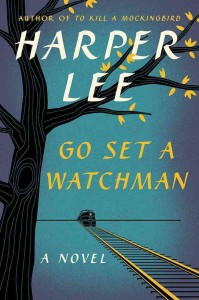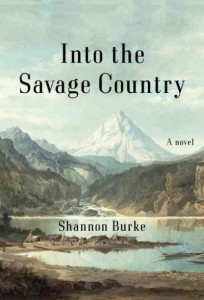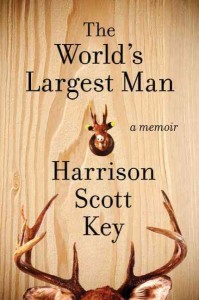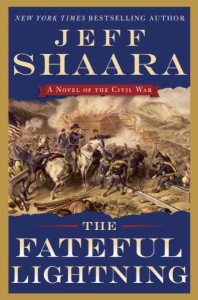Special to the Clarion Ledger By Jim Ewing
For the Lord said to me, “Go, set a watchman. Let him declare what he sees.”
— Isaiah 21:6
Legions of readers have eagerly awaited the release of “Go Set a Watchman (Harper Collins),” the previously unpublished precursor of Harper Lee’s iconic “To Kill a Mockingbird,” and now that it’s out, the reaction is as explosive as first publication in 1960.
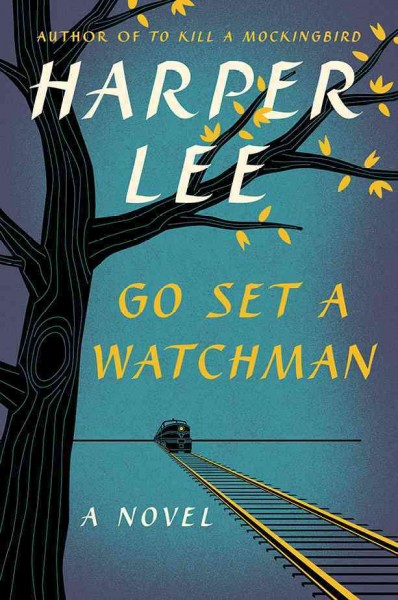 “Watchman” is likely to offend devotees of “Mockingbird” and add to the current debate about race relations in America. But, if “To Kill a Mockingbird” is a morality tale about the woeful state of racial justice in a small Southern town of the 1930s, “Watchman” is a reality tale about race relations in the 1950s — still relevant to today.
“Watchman” is likely to offend devotees of “Mockingbird” and add to the current debate about race relations in America. But, if “To Kill a Mockingbird” is a morality tale about the woeful state of racial justice in a small Southern town of the 1930s, “Watchman” is a reality tale about race relations in the 1950s — still relevant to today.
In “Watchman,” Scout is now called Jean Louise, 26, a college graduate living in New York City, coming home to visit her aging father. She is horrified by his racial views and those of her hometown.
In “Mockingbird,” the tragedy of a black man convicted of a crime he didn’t commit against a white woman elevated his defender, Scout’s lawyer father Atticus Finch, to saintly status. But in “Watchman,” Finch is revealed as — to modern eyes — a bigot.
But it’s more nuanced than simply that. The point of “Watchman” is the point in time it depicts.
In “Mockingbird,” the younger Atticus is, honestly, a white patrician who is, perhaps idealistically, passionately acting out the role of society of being a legal advocate for the oppressed. But in “Watchman,” the “revolution” in race relations, as Lee terms it, has begun.
Racial lines have hardened. People no longer see the people they grew up with as people (black or white) but as “tribes” or factions — divided by race.
Remember, this was more than half a century ago. When Lee wrote “Watchman” in 1957, the ink was barely dry on Brown vs. Board of Education that ordered school desegregation. That fall, the Little Rock Nine were escorted by federal troops to the schoolhouse. Racial segregation was a fact of culture and shifting laws.
The reality of that time, which still lingers in the memories of Southerners who lived in the 1950s, ’60s and beyond during the civil rights struggle, is more complex than we now view it. The South and the nation still wrestle with those conflicts and points of view: the good vs. evil narrative of slavery and Jim Crow — and Confederate battle flag.
Jean Louise is cast cold turkey into the maelstrom of the historical ambiguity and cognitive dissonance of loving a heroic father (forebears and region) vs. the harsh, unremitting hardships and brutality that stem from that racial intolerance.
Atticus is the same Atticus, but older, and drawn into the reality of the times. He is racist — as is the white society in which he lives. He could not have been elected to the Legislature (when blacks lacked the right to vote) and not cooperatively exist in that world. In the 1930s, whites had unquestioned power; in the 1950s, it is crumbling before his very eyes. He was reared in a world of manners but he, still, is dedicated to the law.
Atticus’s bigotry is cultural and defines him less than his motivations. Why was he a board member of the Maycomb white Citizens Council? Why did he attend a Ku Klux Klan rally? These are uncomfortable truths about a time in this nation that the South would just as well pretend never existed or claim was blown out of proportion; but Atticus is still following a moral compass, the only one he knows: the law.
In “Watchman,” Lee gives an apologia through the lens of her uncle, Dr. Jack Finch, who sits Jean Louise down and tells why white Southerners fought the Civil War. It wasn’t for slavery, he explains, noting that only about 5 percent of the population owned slaves (rich man’s war, poor man’s fight), but because of their regional character as white, Anglo Saxons who essentially were serfs in Europe and took up arms as part of their inherent inclination to fight any change. It’s a strain of irrational rebelliousness that exists today.
The crux of the narrative is less about Atticus and more about the shift from 6-year-old Scout to twentysomething Jean Louise. If Scout saw the 1930s-era racial injustice as filled with heroes and villains from the eyes of an adoring, motherless child, Jean Louise sees the reality of race relations circa late 1950s with adult eyes — and the idealism of a young career woman living in New York City.
In this vein, “Watchman” is as much a coming of age story as “Mockingbird,” only a shift in the timeline. And her moral compass is tested — and readjusted.
The elder Atticus is wrapped up in the fears and prejudices of the time — envisioning his and his peers’ grip on the levers of racial power slipping away and fearful of the outcome. Both views are of the same piece, but different facets; two sides of the paternalistic elite’s same obdurate coin. And that currency remains. “Watchman” may be as much a timely novel in 2015 as “Mockingbird” was in 1960.
Reading “Watchman” reaffirms how extraordinary it was for “Mockingbird” to have been published 55 years ago in the first place. When “Mockingbird” was published in 1960, Freedom Summer had not occurred. Dr. Martin Luther King’s “I Have a Dream” speech had not been uttered, nor the prospect of racial equality been brought to the forefront of America’s consciousness. Both books are time capsules that are transformative.
Through “Mockingbird’s” tale told through the simple eyes of a child, all the absurdities and horrifying realities of racial oppression were revealed —with the worst qualities of human beings as well as the courage and lonely moral convictions of the few who took on the task of righting overwhelming wrongs.
Now, “Watchman” comes in the wake of the killing of young black men like Trayvon Martin, the ghastly gun rampage by a white man in a black church in Charleston, South Carolina, and resurrection of the Confederate battle flag’s heritage vs. hate debate. It reprises lingering views on racial equality and the role of government in enforcing societal norms that leave more black men in jail or killed through violence than in universities.
As a novel, “Watchman” is a good book, with interesting characters, wandering narrative, thin plot, but compelling subject matter (showing the value of a good editor to make a good book great). Its power lies in its comparison with “Mockingbird,” showing even the best intentioned with feet of clay. Its message is that bigotry comes in many guises, including those who take an opposing view to an apparent and real wrong.
The “watchman” reference is interpreted to mean that only individual conscience can guide us in turbulent times. That biblical clarion still rings for all us to speak truth, raise awareness and come to a meeting of minds among all races with prayers of understanding.
In “Watchman,” we are again given an opportunity to see with new eyes racial wrongs still sadly current today.
Jim Ewing, a former writer and editor at The Clarion-Ledger, is the author of seven books including “Redefining Manhood: A Guide for Men and Those Who Love Them,” now in bookstores.


